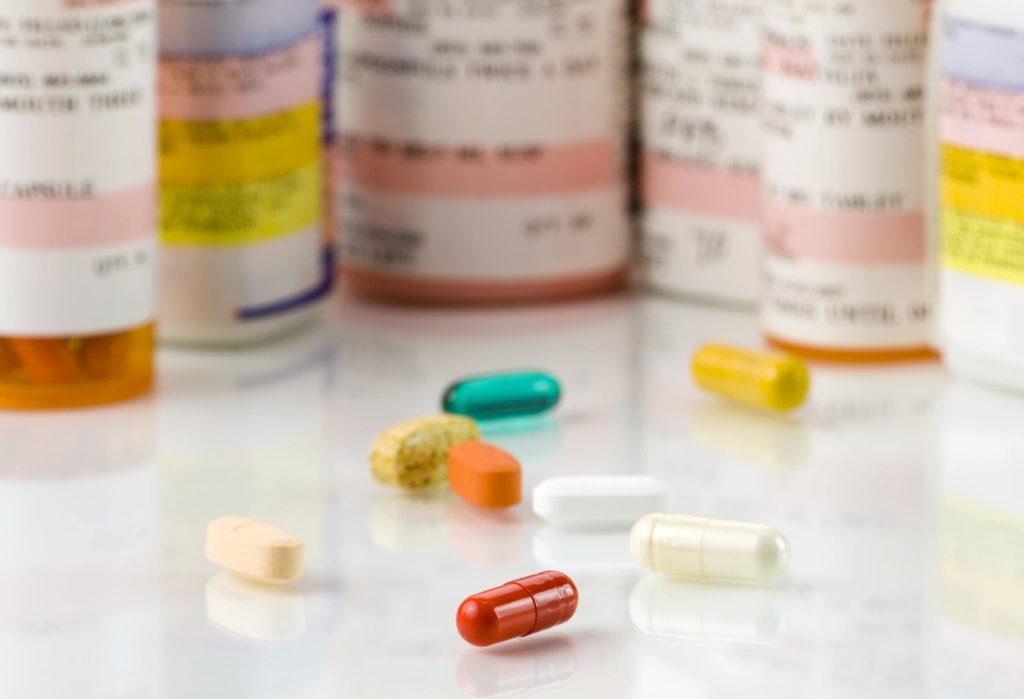
Prescription drugs and dental health have a closer connection than you might think. You usually get your prescriptions from doctors rather than dentists. However, your dentist needs to know about them to give you the best care possible. Let’s learn about the ways medications affect teeth and how to talk about them with your dentist.
Table of Contents
How Medications Impact Oral Health
Medicines can change your body in many ways. Sometimes, these changes impact your teeth. Some medications have side effects that affect your dental health and treatment, including:- Dry mouth: Your teeth need saliva for protection from tooth decay. Saliva keeps your teeth clean, repairs tooth enamel and balances out acids. Medication that lowers the amount of saliva you make increases your risk of plaque and cavities.
- Increased bleeding: Treatments like surgery or cleanings for sensitive gums can cause bleeding. The body naturally clots blood to stop bleeding. But, it has a harder time clotting with some medicines. When this happens, you could have bleeding problems during these procedures.
- Discolouration: Children with developing teeth have a vulnerability to certain medications. When they take these medicines, their permanent teeth can become yellowish or brownish or have discoloured spots.
- Gum enlargement: Certain medications cause your gums to grow larger. If you have excess gum tissue, your dentist needs to take extra care cleaning your teeth. Enlarged gums cover parts of your teeth that require as much cleaning as the rest of your mouth.
- Tissue sensitivity: The soft tissue in your mouth can react to some medications. When this happens, it becomes discoloured, forms sores or gets inflamed. These symptoms can cause discomfort.
- Infection: Some medicines increase your risk of oral thrush. Oral thrush is a fungal infection that appears as white spots, and it can cause pain and discomfort. These medications could also make you more prone to infections after oral surgery.
What Kinds of Medications Affect Teeth?
The following medications can give you oral health issues:- Aspirin (bleeding)
- Antihistamines and decongestants (dry mouth)
- Immunosuppressants (gum problems and mouth infections)
- Chemotherapy medications (dry mouth, gum problems and inflammation)
- Inhalers (infections)
- Antibiotics (infections)
- Contraceptives (gum problems)








